Barr Hill Gin
€34.99
Made using raw, Vermont honey, this gin is a celebration of one farmer’s special connection to the land.
About Barr Hill Gin
Barr Hill Gin is a London dry-style gin that, unlike other gins, uses only one botanical during distillation — juniper. The rest of its complex, gentle flavor profile comes from the raw honey (made at one of Hardie’s now 1,900 colonies), which is added during a second distillation.
The distillery’s 25-gallon still is made from recycled stainless steel and is a testament to Hardie’s commitment to environmental sustainability. The bottles, which are filled and labeled by hand, are sealed with beeswax (what else did you expect?) cut from a huge hunk of luminous lemon-yellow wax from Singing Cedar Apiaries.
Barr Hill Gin has earned numerous accolades, including a Platinum Medal at the 2020 SIP Awards and a Gold Medal at the 2020 New York International Spirits Competition. “The best fertilizer is always the footprint of a farmer,”Hardie says. This gin has his footprint all over it.
Pick up this bottle today!
About Barr Hill
In the early 18th century, the rolling hills of Vermont’s landscape were dotted with numerous breweries and micro-distilleries. In 1852, however, yielding to the state’s temperance movement, Vermont banned alcohol and shuttered the state’s burgeoning craft spirits industry. Though alcohol was legalized again in 1933, Vermont’s Prohibition movement cast a long shadow, and distilleries across the state remained dormant for decades.
Today, on the banks of the Lamoille River in Hardwick, Vermont (population: 3,174), Caledonia Spirits
remains rooted in the traditions of sustainability and Vermont’s agriculture.
Todd Hardie, Caledonia Spirits founder, spent over four decades as a beekeeper before deciding to incorporate his raw, organic Vermont honey into craft spirits. His first honey house, which required a $1,000 down payment and had a mortgage of $133 per month, was home to 180 colonies. Coincidentally, the land in northern Vermont where he kept his first bee houses straddles the Québec border, and had been the site of a Prohibition-era speakeasy named Bucket of Blood.
About Gin
According to Winston Churchill, “The gin and tonic has saved more Englishmen’s lives and minds than all the doctors in the Empire,” referring to the British officers using it to treat malaria in India.
Initially made for medicinal purposes, gin gets most of its flavor from the juniper berries added after the distillation process. It sure has come a long way from the Middle Ages, with the introduction of new botanicals, fruits, and spices, bringing it closer to people of all flavor varieties.

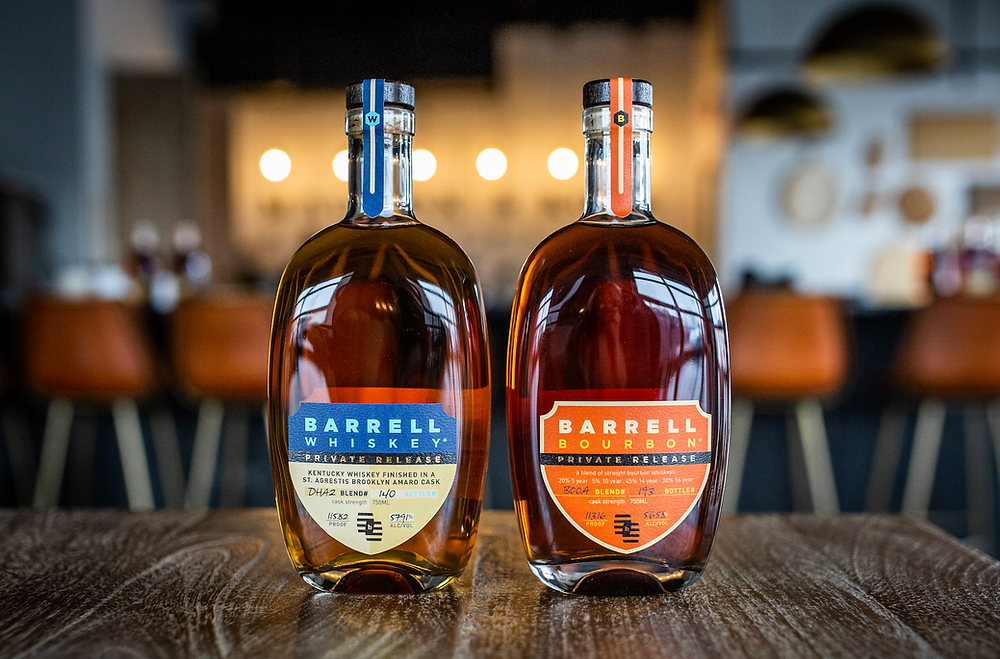
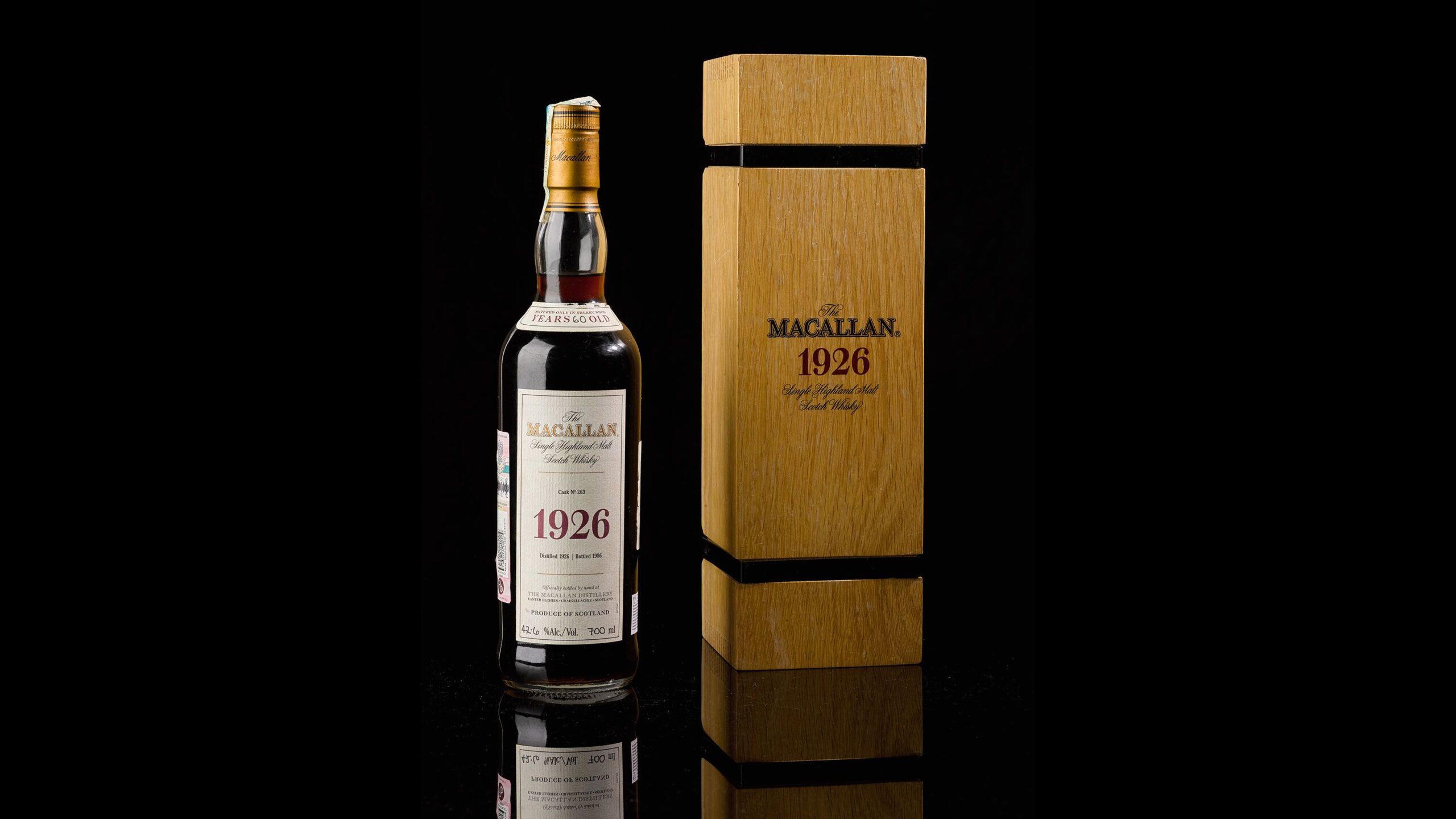
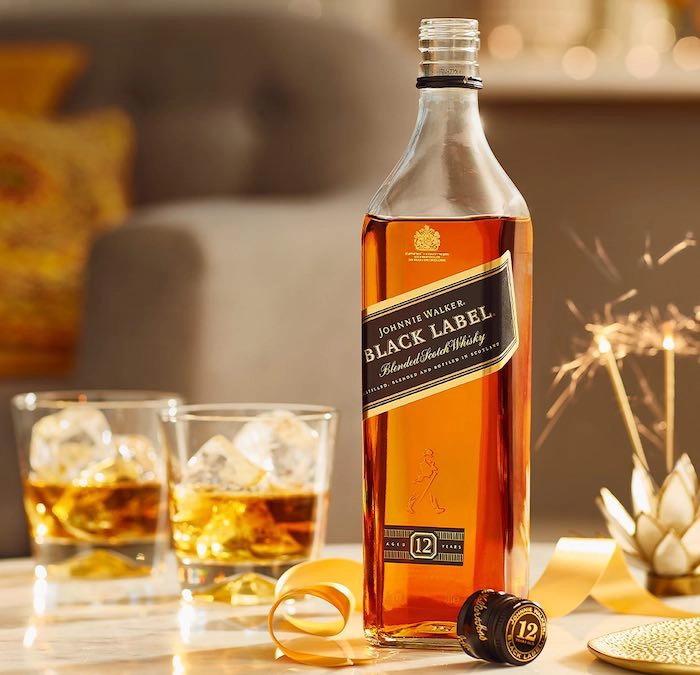

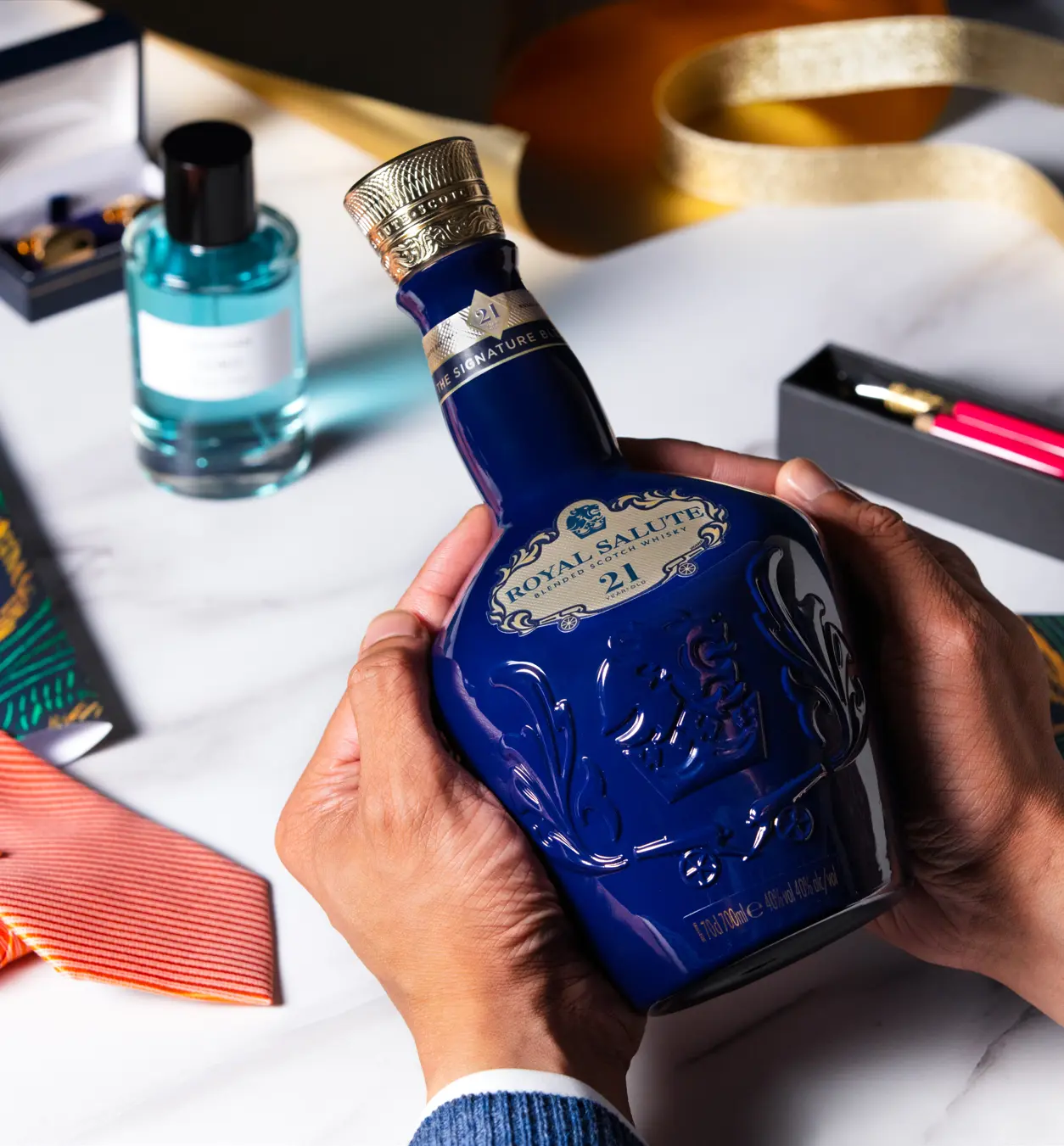

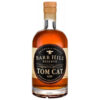
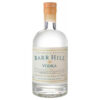
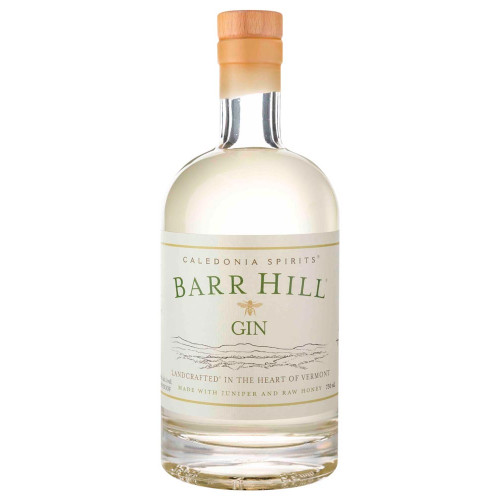
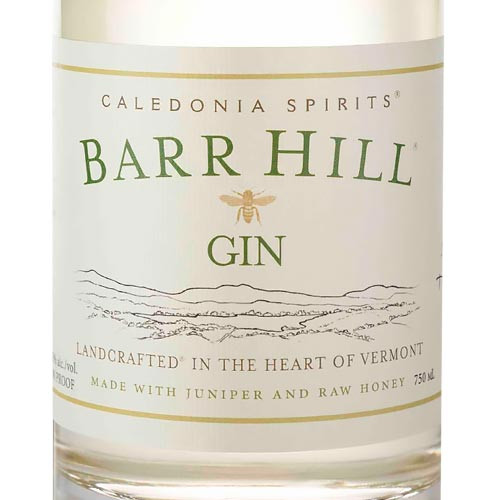
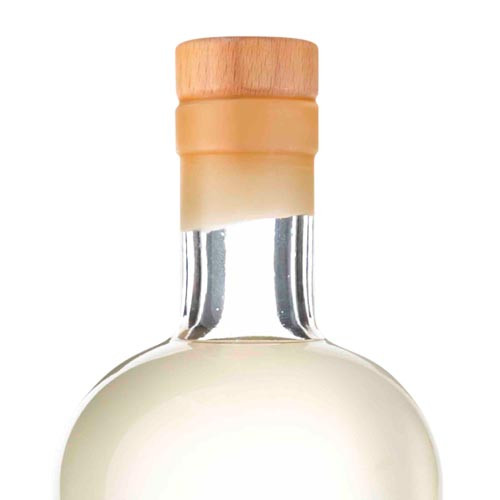
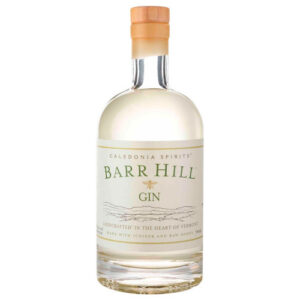
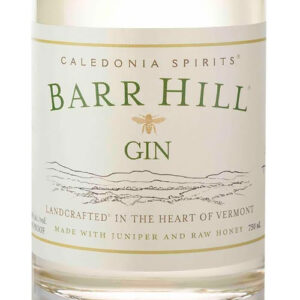
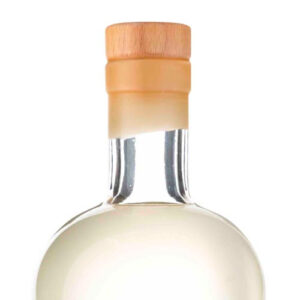
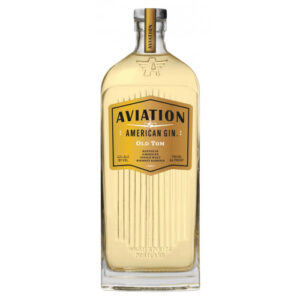
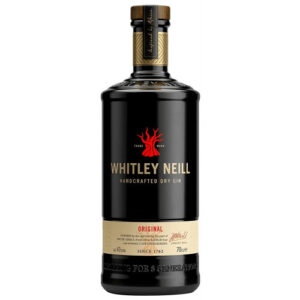
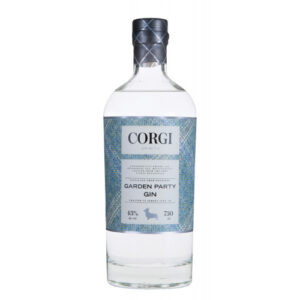
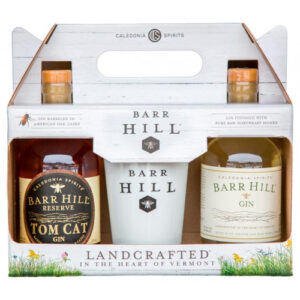
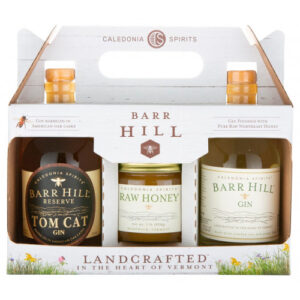
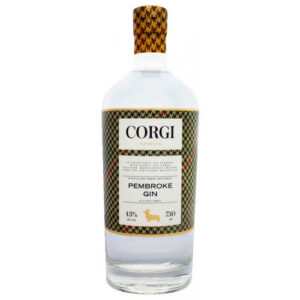
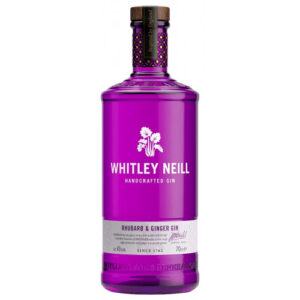
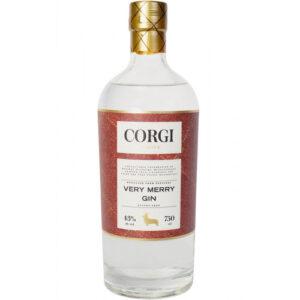
Reviews
There are no reviews yet.